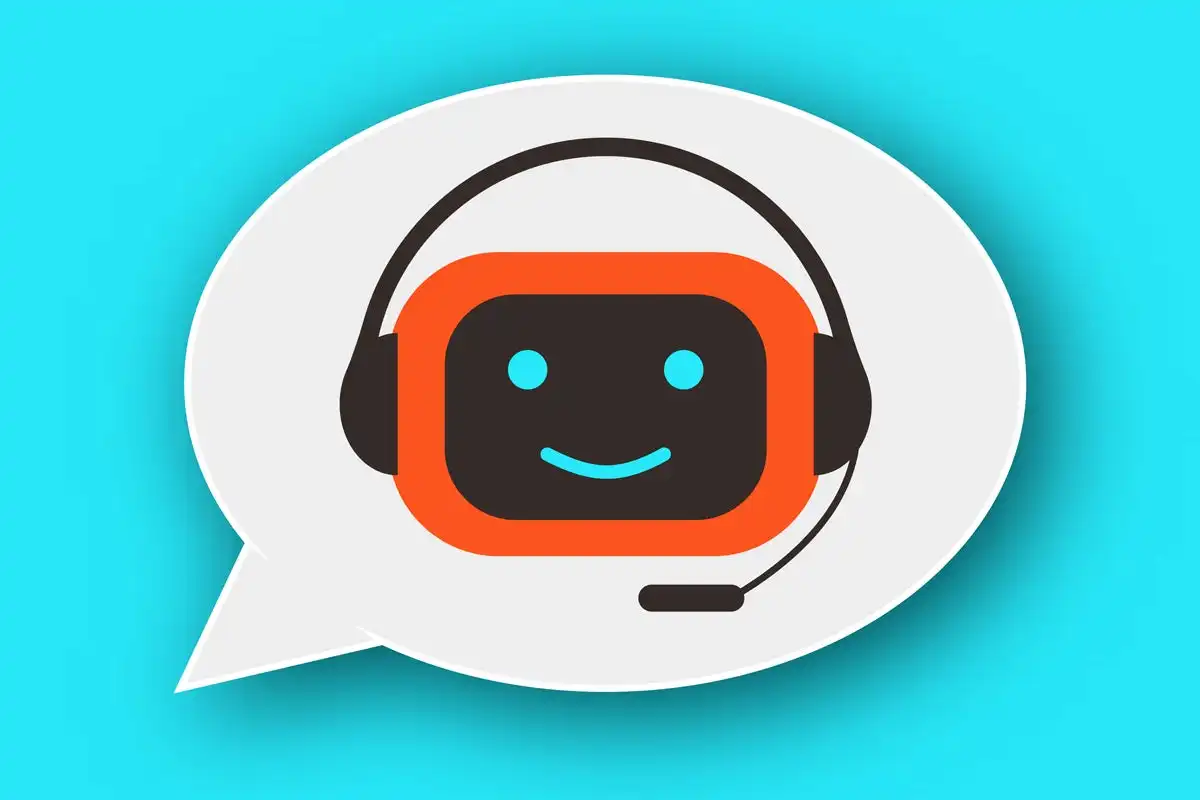Gene editing and the ethical considerations surrounding it
Gene Editing and the Ethical Considerations Surrounding It
Welcome to the world of gene editing! With technology advancing at an unprecedented pace, gene editing has become more accessible than ever before. Gene editing is the process of altering the DNA of living organisms to change their characteristics. It is a powerful tool that has been used to develop new treatments for diseases and improve the quality of life for countless individuals. However, it is not without its ethical considerations. While gene editing has the potential to do a lot of good, it also has the potential to be misused or abused, making it important to examine the ethical considerations surrounding this technology.
The Marvelous World of Gene Editing!
Gene editing has opened up a world of possibilities for scientists and researchers. It has allowed us to explore new avenues in the world of medicine, agriculture, and even conservation. Gene editing has been used to develop new treatments for illnesses like sickle cell anemia and hemophilia. It has also been used to create genetically modified crops that are more resistant to pests and diseases, making them more efficient and cost-effective. Additionally, gene editing techniques are being used to revive extinct species, such as the woolly mammoth, which could have a positive impact on conservation efforts.
One of the most exciting aspects of gene editing is the potential for it to be used to cure genetic diseases. Using gene editing, scientists have been able to correct the genetic mutations that cause diseases like cystic fibrosis and Huntington’s disease. This has the potential to change the lives of millions of people around the world. Gene editing also has the potential to be used for personalized medicine. By editing the genes of individuals, doctors could tailor treatments to specific genetic profiles, making medical treatments more effective and efficient.
Despite the many benefits of gene editing, there are also concerns about its potential uses. Gene editing has the potential to be used for nefarious purposes, such as creating designer babies or enhancing the physical or mental abilities of individuals. It could also create new class divisions in society, where only the wealthy have access to these treatments. There is also the risk that gene editing could be used to create biological weapons or to modify organisms in a way that could harm the environment or other species.
Gene editing is a powerful tool that has the potential to do a lot of good, but we must approach its use with caution. The ethical considerations surrounding gene editing must be carefully considered to ensure that it is being used for the benefit of humanity and the environment. We must also ensure that this technology is accessible to everyone, regardless of their socio-economic status. With careful consideration, gene editing has the potential to change our world for the better.
